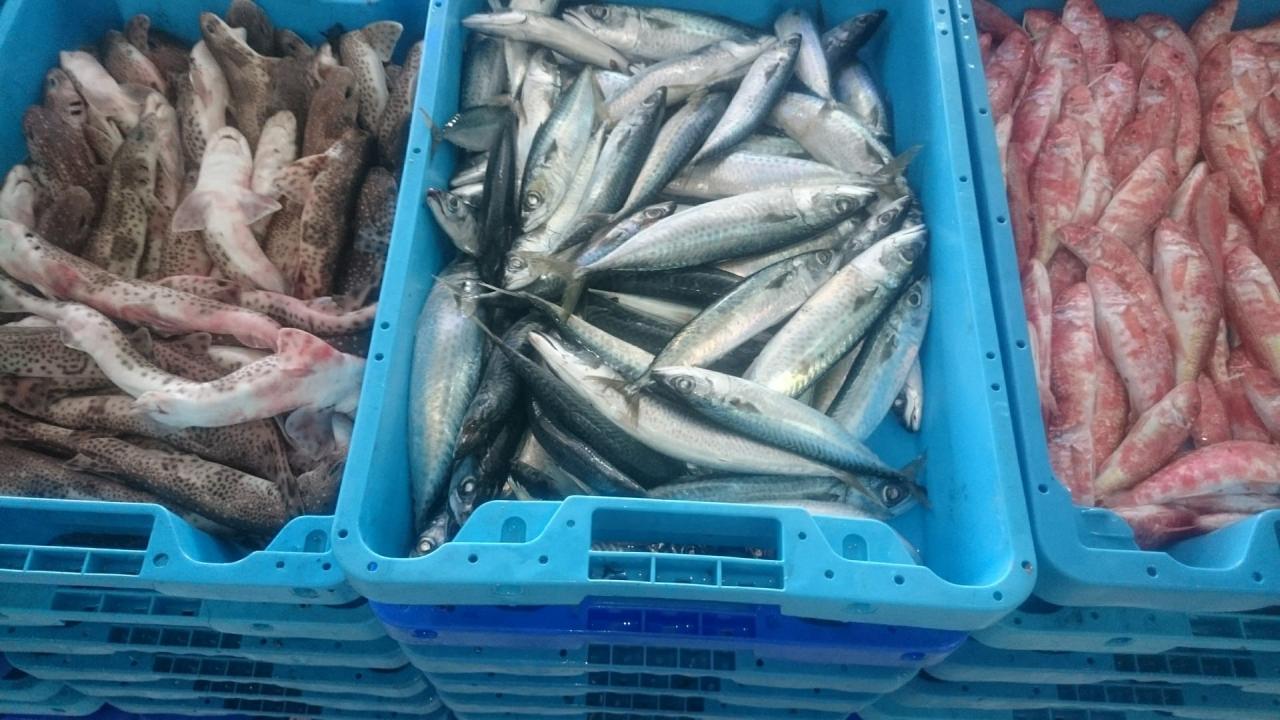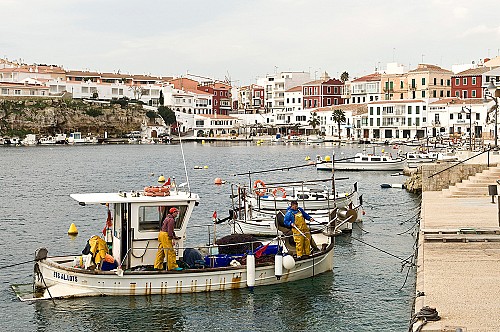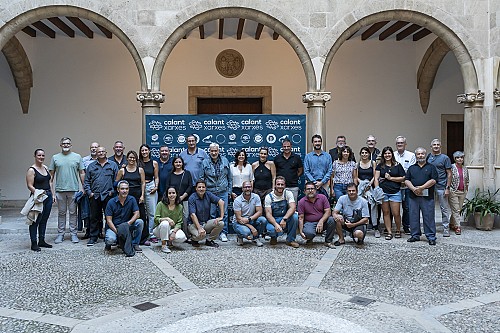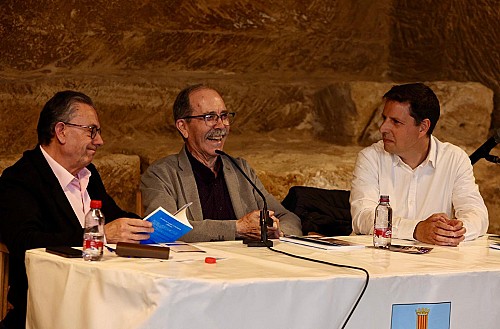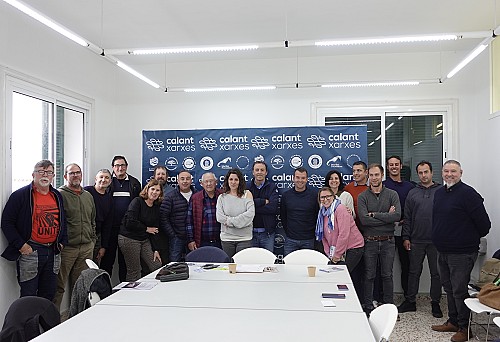Related project
Mallorca al plat and Stewards of the Sea
Increasing demand for local food products supports our fishers and farmers and strengthens our economy by making it more diverse and resilient to external shocks. But we need to ensure these products are sustainable. Mallorca al plat and Stewards of the Sea are two projects that address these two issues at once.
Most people are unable to identify the fish species that swim in the waters around Mallorca, or those sold at the market or fishmongers. To some extent this also happens with other aspects of our diet - Global trade has allowed us to enjoy a vast variety of products but as a result, we have disconnected from local produce and our natural environment. This trend has happened at home, at school, at the restaurant and at the hotel.
In Mallorca, nine out of every ten fish eaten come from outside the Balearics. Salmon is the fish species most consumed in the islands and it does not even inhabit our waters. It's probable that local vegetables and meat are also overshadowed by imports. Covid has made evident the vulnerability of the economic model of the Balearic Islands, with a huge dependency from external demand and lack of diversification of economic sectors.

The primary sector represented by fisheries and agriculture has diminished over the past decadesas the tourism and services sector grew. And with it we have lost part of our gastronomic heritage and several recipes. More than 100 fish species of commercial interest are caught in Balearic waters, but not all of them are consumed or found in the market because people do not know how to cook them anymore or find it too difficult.
The Covid pandemic led to an unexpected positive effect. It gave a boost to local produce. During the lockdown weeks, several initiatives appeared to meet the growing demand for local food products. Veggie boxes and even fish boxes were on offer. Some of these schemes are still going strong. At the same time, gastronomy and local products are a very strong asset of the region and a great source of pleasure and wellbeing for residents and tourists. We have reasons to be optimistic about the future of the agriculture and fisheries sector.
Introducing small changes to our menus at home, restaurants and schools can have big positive impacts. It boosts our primary sector, diversifies the economy and makes it stronger and more resilient. Mallorca al plat is a new project led by the Association of Organic Agriculture Producers of Mallorca (APAEMA) to introduce local fish and agricultural products in school meals. A project which helps reconnect fishers and farmers with teachers, parents and pupils. Besides the incorporation of local food products in school meals the project will also focus on raising awareness about sustainable food production and getting to know the farming and fishing sector of Mallorca. Overall, the initiative which can represent a lever for change towards a more sustainable, healthier and local food model.
Introducing local fish in school menus can help the fishing sector, which has suffered an important decline in the past 15 years. It can create new jobs and maintain existing ones and can reduce waste from catches. Of course, this needs to be done while still ensuring the sustainable management of the fishery resource, fishing with the lowest possible impact, and creating a strong network of marine protected areas.
The project Stewards of the Sea led by LIFE (Low Impact Fishers of Europe) with the support of Marilles Foundation aims at transforming the Balearic fishing fleet into the most sustainable of the Mediterranean. Improving the management of fish stocks, implementing low-impact fishing gear and improving demand from local sustainable products via innovative certification and labelling schemes are some of the key interventions planned for the next three years.
Marilles in the media
- 10/12/2024 : "«La flota de arrastre balear es la más maltratada del litoral mediterráneo español»"
- 09/12/2024 : "La Fundación Marilles pide que se defienda “la singularidad de la flota pesquera de Baleares”"
- 09/12/2024 dBalears: "Marilles demana que es defensi la singularitat de la flota pesquera balear"

